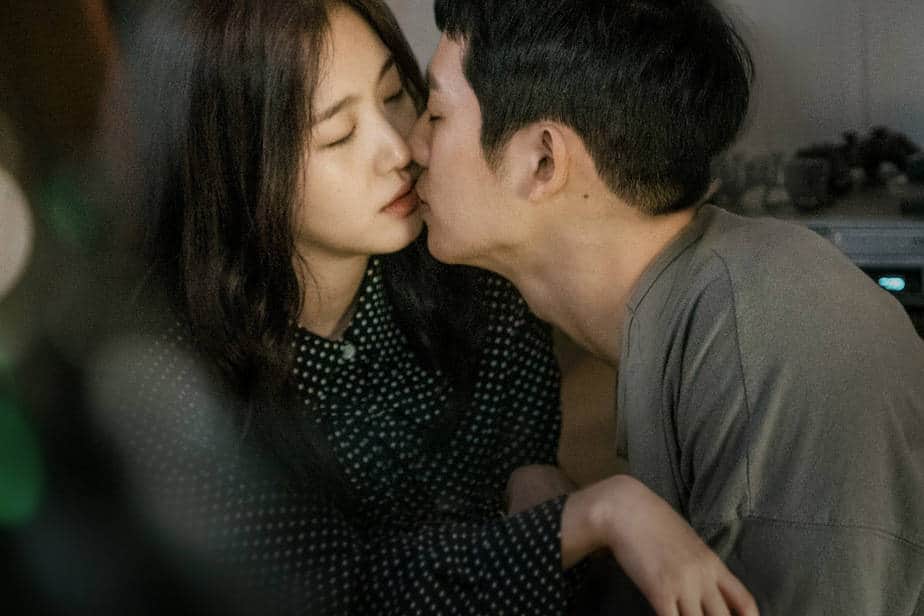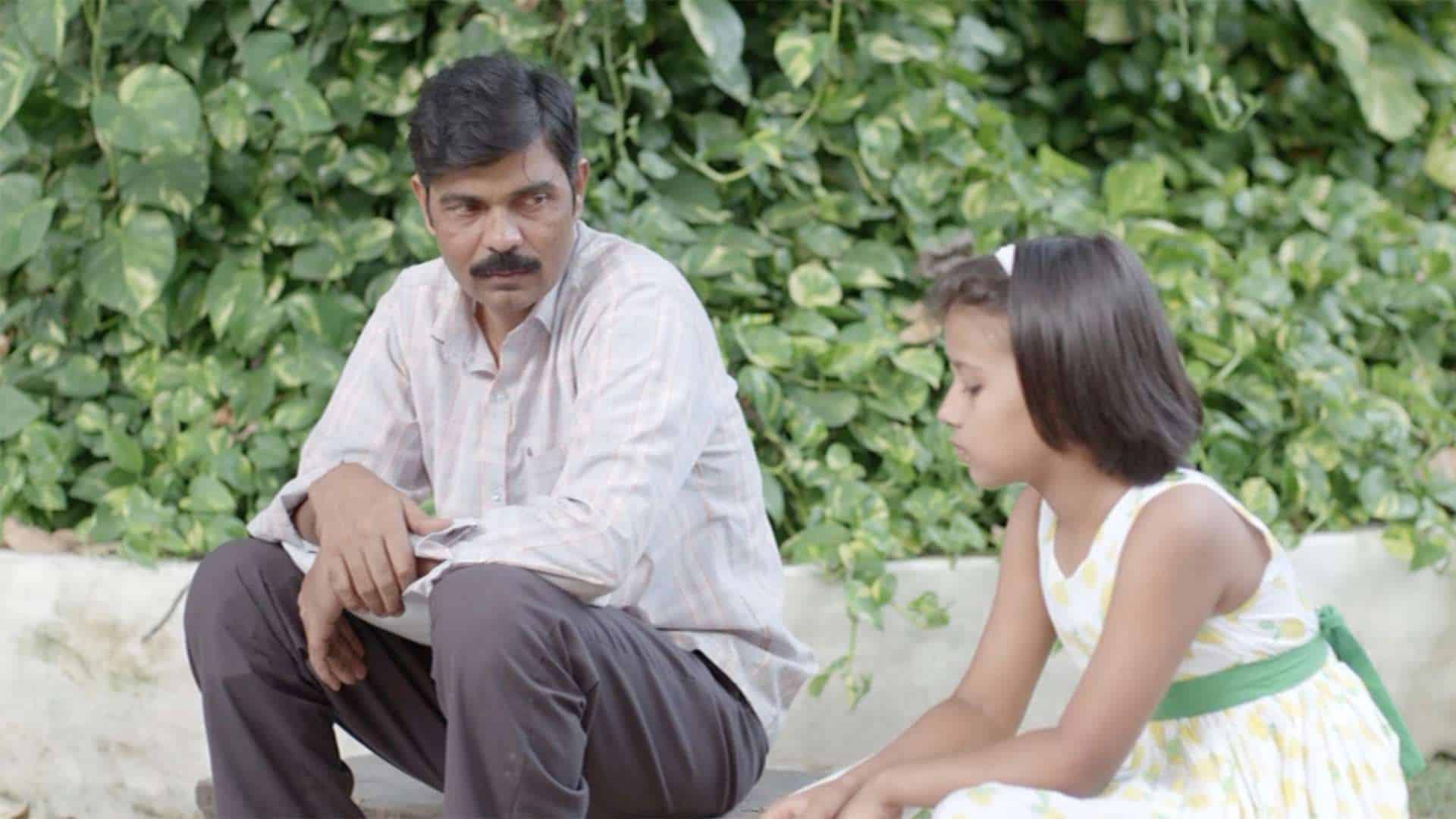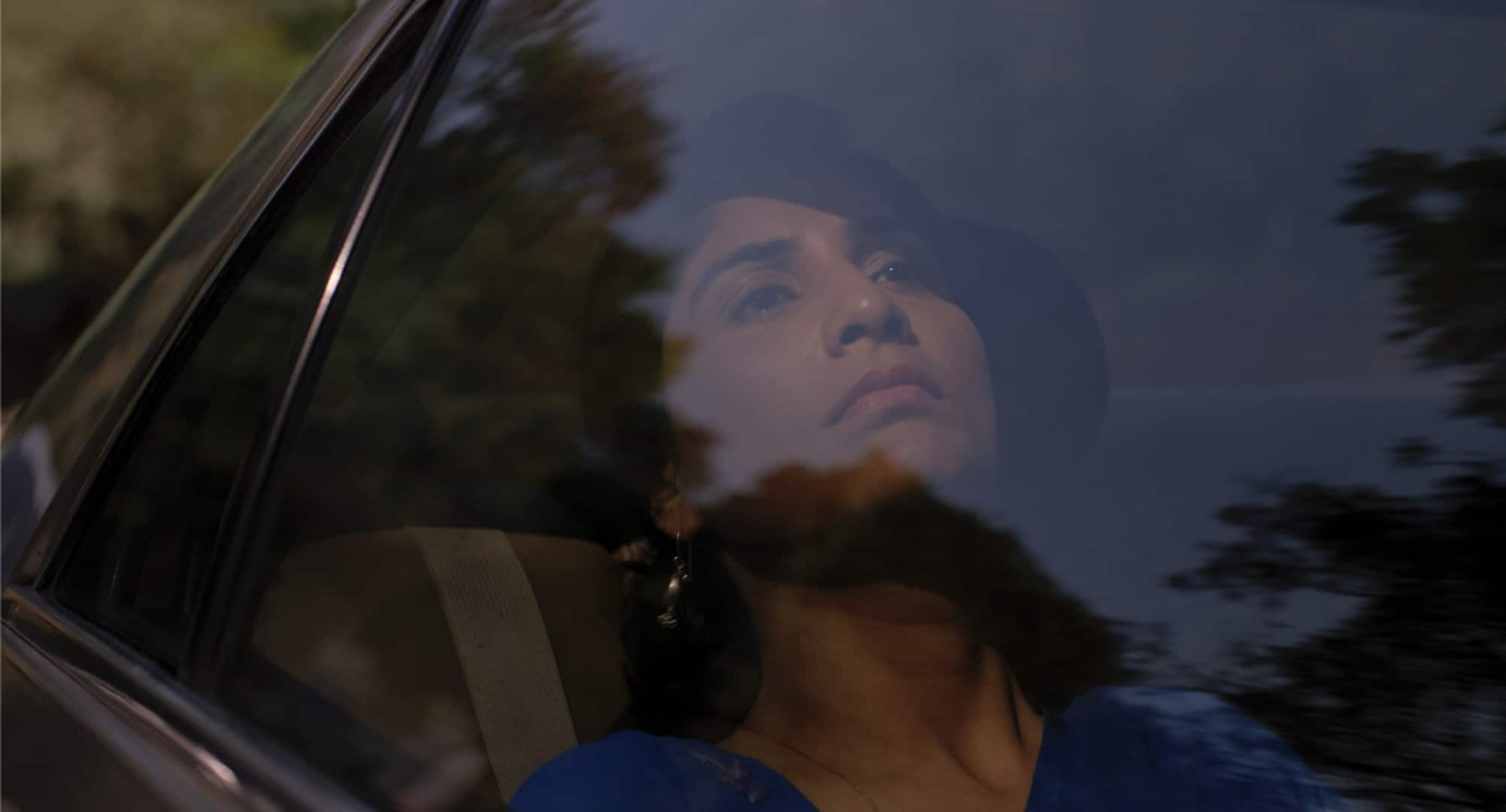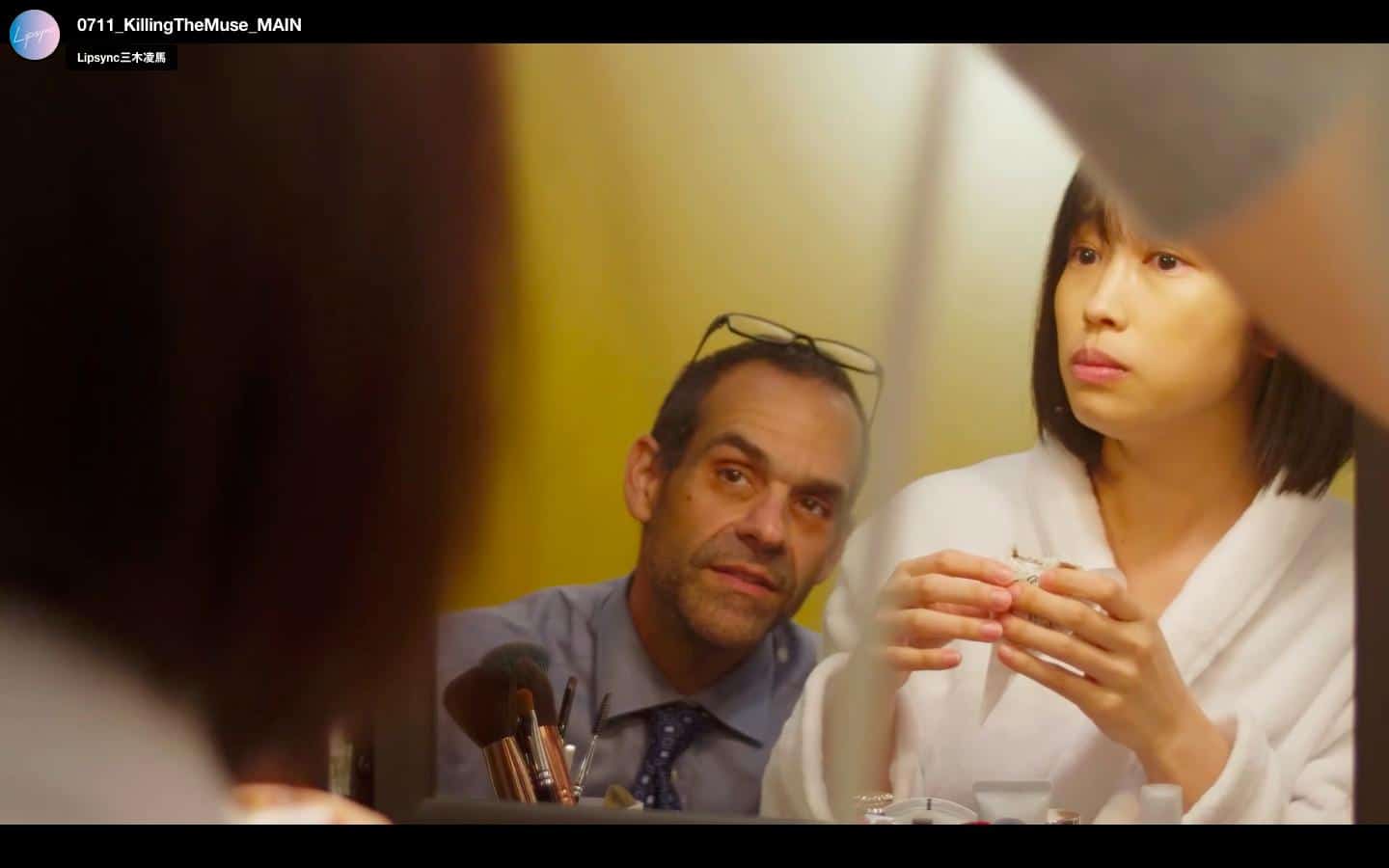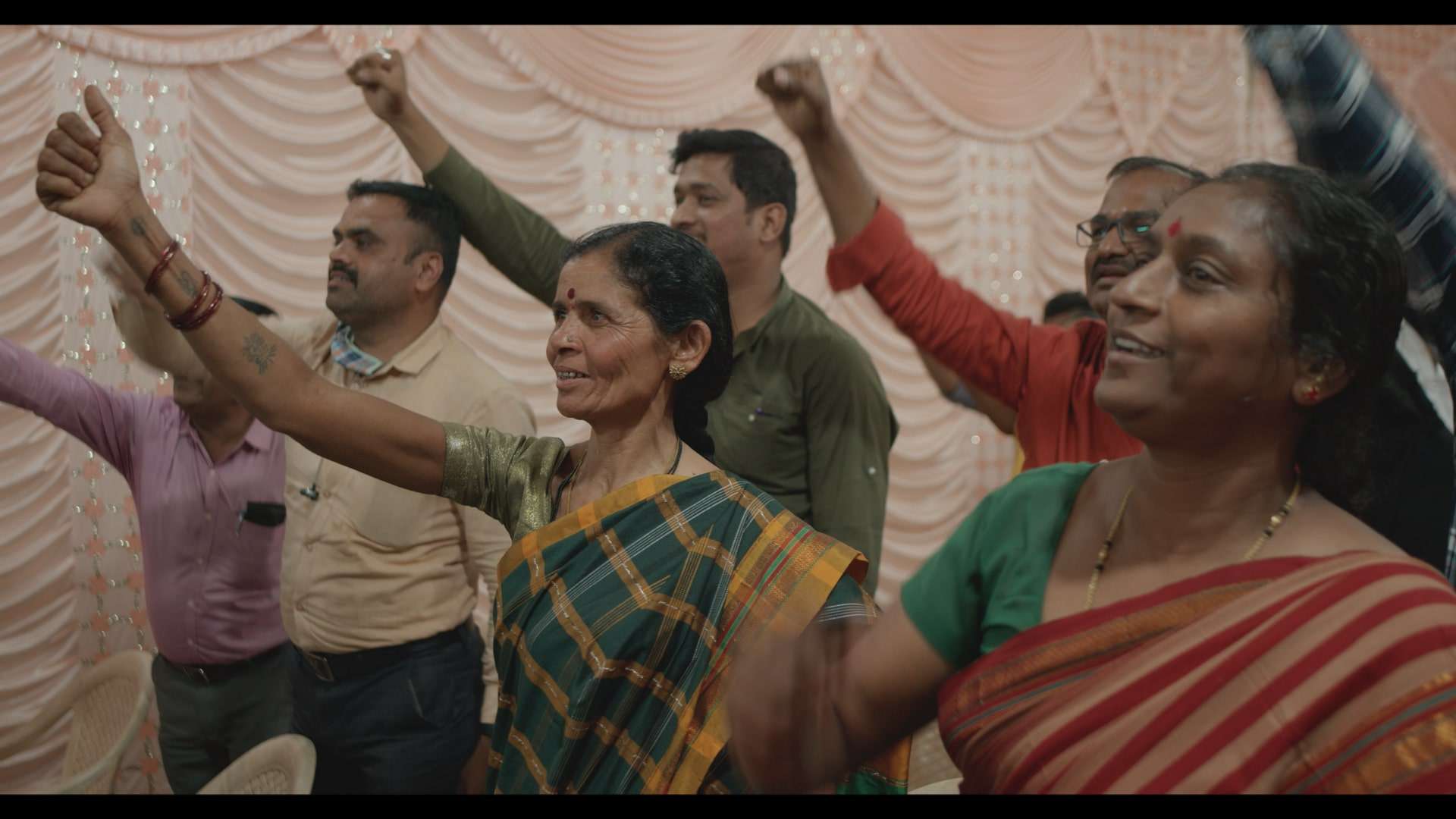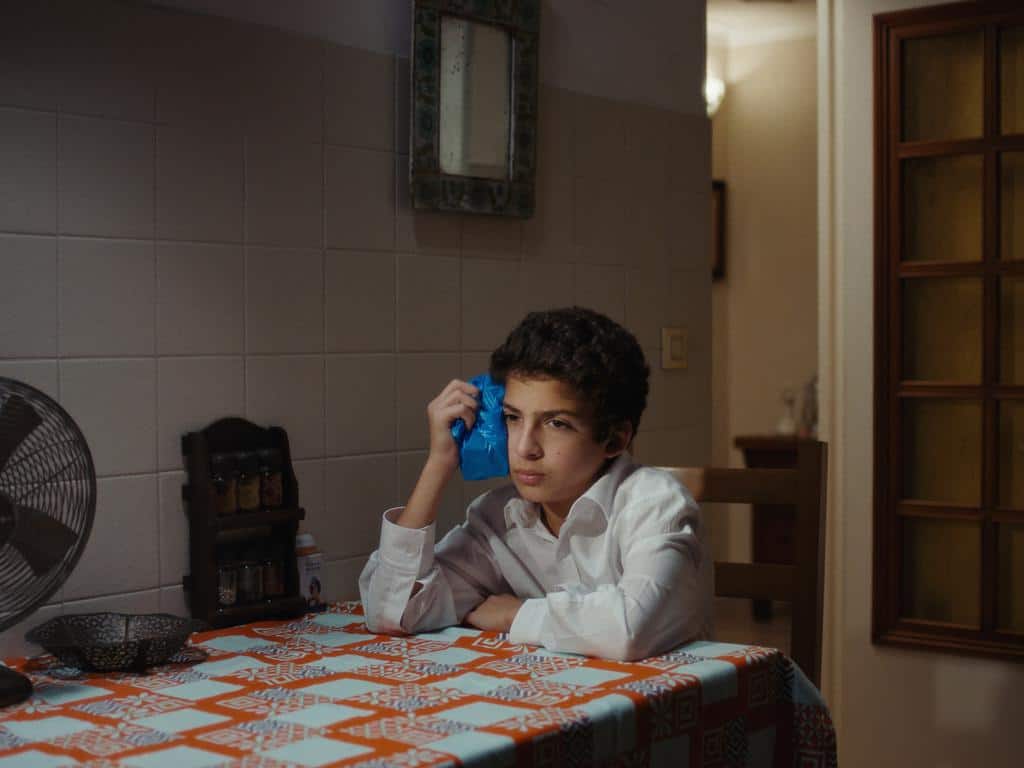By Nathan Sartain
Despite topping the box office in South Korea, “Tune in for Love” never quite achieved the same acclaim abroad after its international release on Netflix. Despite an appearance at the London East Asian Film Festival, Jung Ji-woo's eighth feature-length directorial effort only really manifested itself at arthouse production, pockets of audiences ever committed to viewing. Although not completely ignored, with some online buzz present, this release certainly slipped under the radar. That is quite difficult to understand, though. There's an easily accessible plot, succinct narrative threads, and writing from Lee Sook-yun which transcends the realm of tired tropes.
Beginning the story in 1995, the film opens with a scene at Misu Bakery, a shop owned by Eun-ja (Kim Guk-hee). It is a place where her friend's daughter Kim Mi-Soo (Kim Go-eun) works and studies, and also where Cha Hyun-woo (Jung Hae-in) visits upon his release from a juvenile detention centre, asking if they sell “anything with tofu.” Soon, after several visits, the young man finds himself working at the bakery, adapting to his new life. At this point, he also grows close to Mi-soo, the fellow part-timer who is the same age as him. By Christmas, the two become smitten. However, with the re-appearance of Hyun-woo's former classmates (which ultimately leads to the first separation from his co-worker) the story truly starts to unravel.

Flashing forward through the lives of the couple, the film stops at 1997, 2000 and 2005 to continue telling its story, with the only constant being radio broadcasts from Yoo-yeol, who reflectively introduces each year. In these chosen pockets of time, the lovers find themselves at odds with fate. Consequently, whether it is military service, unknown email passwords or more poignant revelations towards the film's apex, each encounter between the couple is always somewhat unfulfilled. It may sound like a slightly more developed cliché tale of “will they or won't they?” but there is plenty of substance, in addition to a phenomenal climax of desperation and raw emotion, which manages to keep “Tune in for Love” enthralling.
However, that is not to say the film is without flaw. Even though Hyun-woo finds himself a well fleshed-out character, one with flaws but overall, someone reliable, redeemed and resilient, the same declarations cannot quite be made regarding Mi-soo. Indeed, she may go from part-time worker and student, to dead-end job, to a stable/moderately successful gig as an author, but her psyche seems to exist purely to dress up scenes. There is never proper indication given as to why she makes certain choices, nor how she ends up in some unfortunate predicaments. Thus, we know she has suffered, but little else. Moreover, when she is telling Hyun-woo just how broken she is through a candid email, the audience can't help but feel most sympathetic towards the man, who has spent 45 minutes looking at the screen typing (and ultimately deleting) his response. It should not be like that, and it is a direct consequence of inconsistent character development, something which ultimately leads to a tangible understanding of only half of the main pairing.
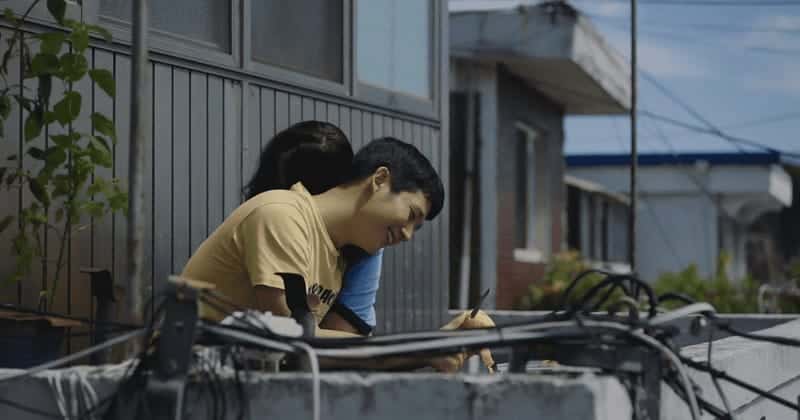
Bearing that in mind, the movie does do a fantastic job of layering emotion and subtly building momentum. Although it may translate as slow-paced to some viewers, Jung moulds each scene, timestamp and plot development with intricate call-backs, decade-spanning references and sharply woven narratives. Whether it is the use of Windows 95, the redevelopment of the industrial areas of Korea or the “can do” attitude referenced as a side effect of the 2002 World Cup, there is an erudite nature to the 120-minute run time. Through sharp, low-key editing, courtesy of Jo Hyung-rae, there are smooth transitions between the years without any real uncalled-for fanfare. Subsequently, there is a fortunate absence of in-your-face slaps of obliviousness, thus meaning you are more predisposed to thinking about what is going on, as opposed to preparing to roll your eyes at broad, elementary cinema.
Additionally, even though we never truly get introduced or acquainted with characters such as Jong-u, they are certainly not tossed aside. Instead, their intentions are gingerly exposed, and the audience are left to draw their own conclusion, showing the trust the director readily places in the viewer. Through these kinds of tweaks to the generic tragic love story, the actors are rightly allowed to shine as well. Jung Hae-in, who is no stranger to dramas involving romance, beams with star quality all over the film, delivering both an understated and perceptive performance. He is likeable and charming, so when his character is shown to be in peril, or even minor distress, it is difficult not to root for a propitious resolution. By the same token, Kim Go-eun fulfils her role aptly, adapting a “damsel in distress” archetype to become a character firmly based in the harsh realities of the real-world, but one who can overcome hardships to become a resolute, engaging woman.
So, whilst “Tune in for Love” is not without flaws, it does offer an appealing diversion from many romantic festivals of fluff seen in films from the same genre. Although evidently sensationalised, the general theme of both obtaining and losing love is based on being relatable; enrapturing in how it is scripted and portrayed. You will not leave wholly fulfilled, as some components linger without resolution whilst others are hastily wrapped-up. Nevertheless, for a piece of cinema intended to blend simplistic subject matter with soaring complexity courtesy of multifaceted characters, this is a solid effort.


